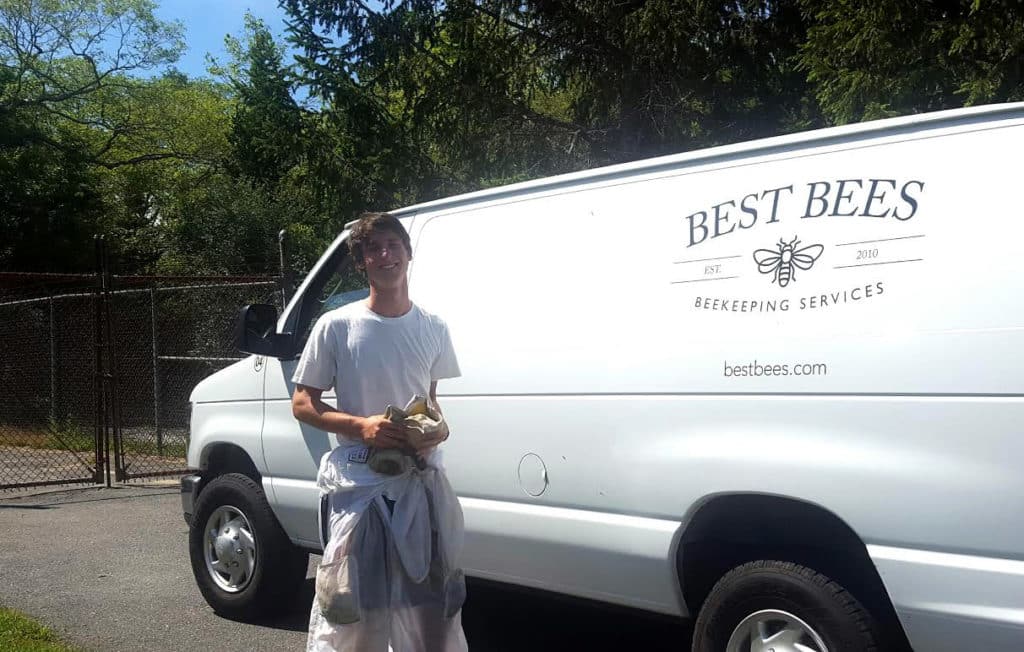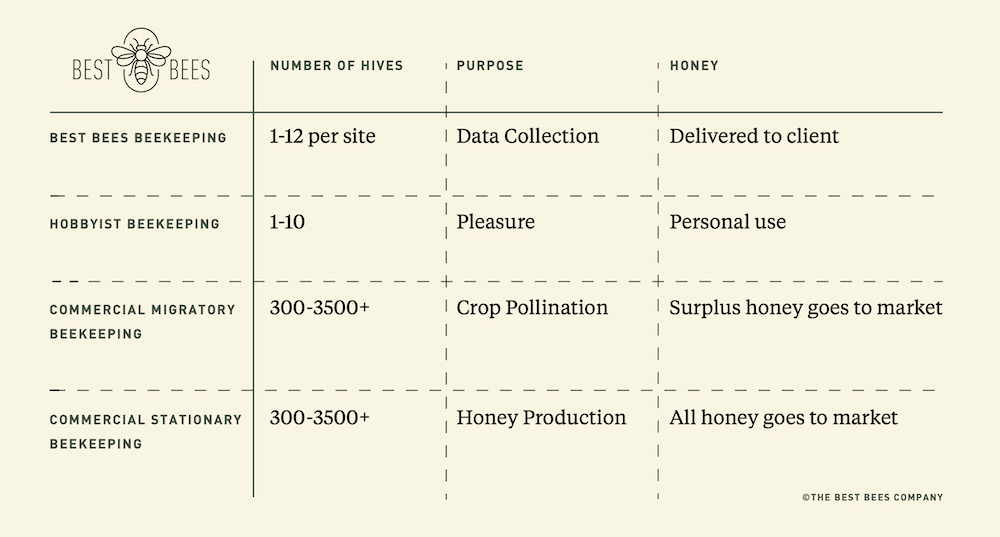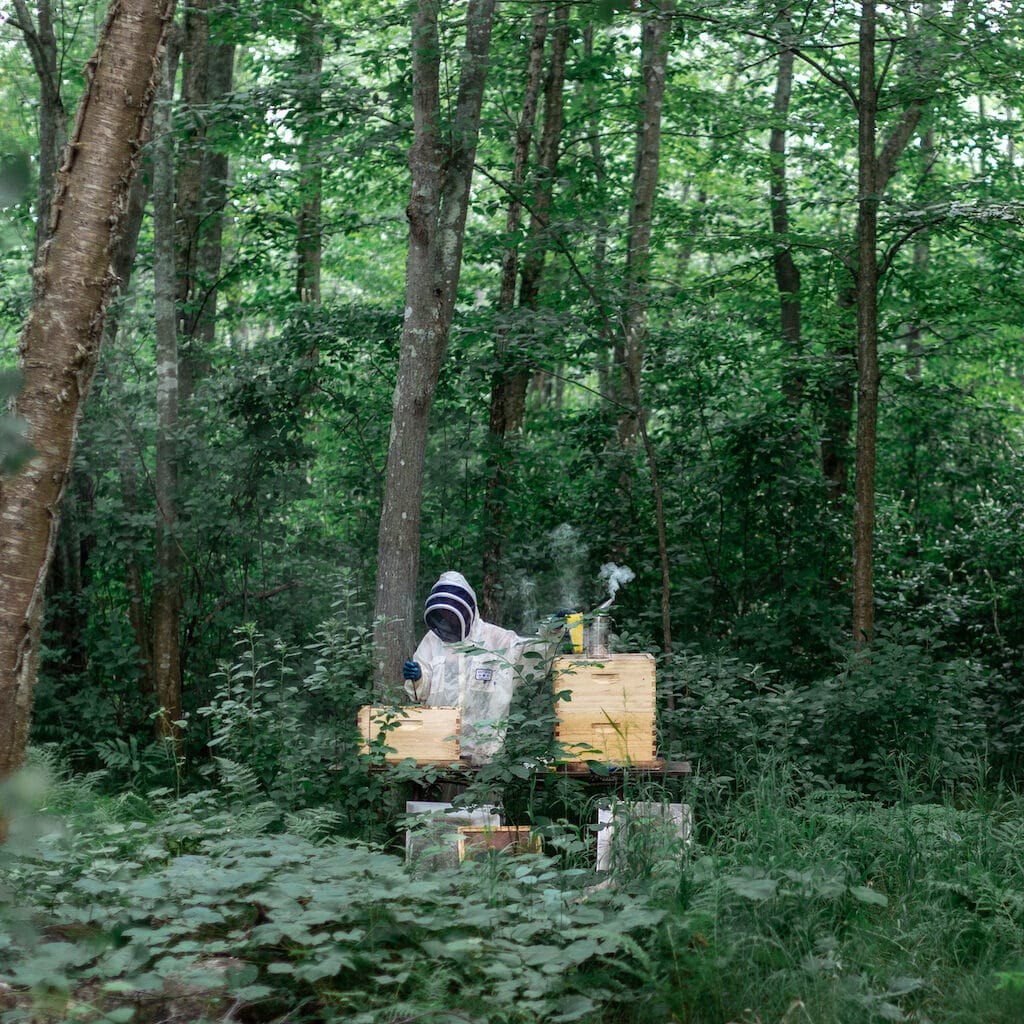Come celebrate Bee Weekend with us at Tower Hill Botanic Garden located about 10 miles northeast of Worcester. The honey bee event is free with admission and takes place August 27th and 28th. It includes exhibits, demonstrations, honey tastings, hands on activities, games and much more. There will also be lectures on Bees in the Environment and Gardening for Pollinators. Tower Hill Botanic Gardens also features a year-round display of the finest plants suitable for New England. These gardens are carefully planned out and have a collection of ornamental, edible, and native plants. You will also find trails throughout the 132-acre property. This gives for a perfect spot for a fun and educational day centered around honey bees. Inside, you will find a garden shop which will feature skin care products that contain beeswax and/or honey. There is also a library filled with beekeeping books, including The Bee: A Natural History written by our founder, Noah Wilson-Rich. Worcester County Beekeepers Association will also be presenting both days with a live bee demonstration hive. You can find us on the 28th at our outdoor table where we will be giving information on honey bees, their importance and what we do to protect them. We hope to see you there!
For more information check out Tower Hill Botanic Garden’s website here: http://www.towerhillbg.org/events-calendar/?thbgid=201161






